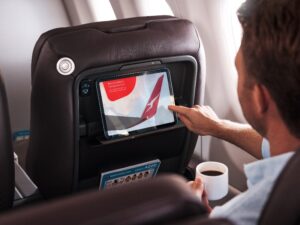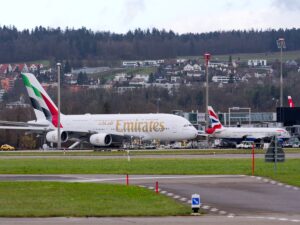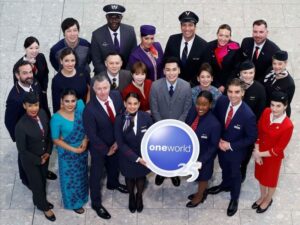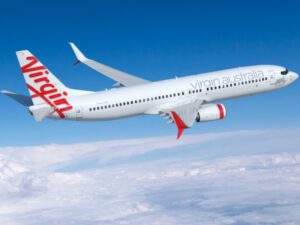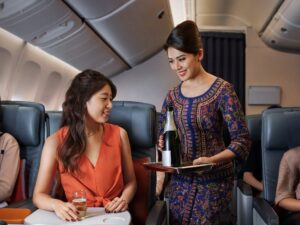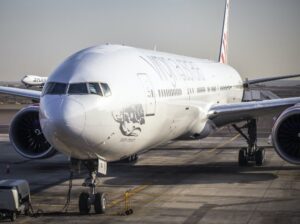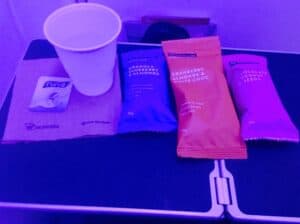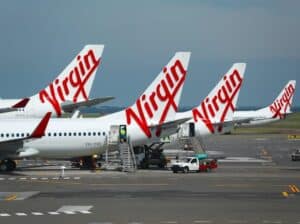
Virgin will retain most of its airport lounges and Business class cabins, and all Velocity Frequent Flyer points and travel credits will be honoured. But it will emerge as a smaller airline focusing on domestic, international short-haul and charter flying. That means around 3,000 jobs will be lost as Virgin simplifies its fleet. The Tigerair brand will also be discontinued.
Here are the main things to come from this week’s announcement…
Virgin to become an all-737, predominantly domestic airline
In an effort to simplify the fleet and reduce costs, Virgin is returning to its roots as an all-Boeing 737 airline. Virgin will remove its Boeing 777s, Airbus A330s, ATRs and Tigerair-branded A320s. At the same time, the Tigerair brand will be discontinued and the low-cost carrier won’t return.
The removal of the 777s and A330s will mean Virgin Australia does not have any aircraft capable of operating long-haul flights, such as those from Australia to Los Angeles and Tokyo. Those aircraft also featured Virgin’s popular “the business” product in Business class, which was commonly found on flights between Sydney, Melbourne and Perth. “The business” is now gone from our skies.
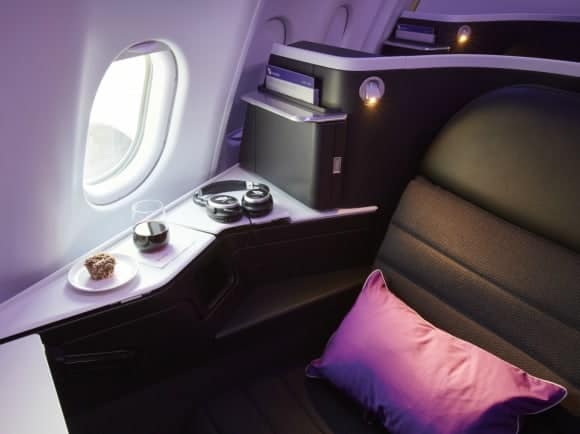
Virgin Australia says that it plans to resume long-haul flying – perhaps using new Boeing 787 Dreamliners – when “sufficient demand returns”. In the meantime, Virgin says that its customers “will continue to have access to international markets through the airline’s codeshare partners”.
Virgin will continue to fly to New Zealand, Bali and Fiji using its Boeing 737s once international travel resumes.
Domestically, Virgin says it plans to retain frequent capital city connections and will continue to serve regional & leisure destinations around the country. While the mainline fleet will consist exclusively of Boeing 737s, Virgin will initially retain its regional and charter fleets (particularly those based in Western Australia).
3,000 jobs axed at Virgin Australia
Sadly, as Virgin Australia emerges from this crisis as a smaller airline, it will shed around a third of its workforce. 3,000 jobs will be axed, while around 6,000 jobs will be saved.
“While these changes are important to manage the impact of COVID-19, they involve some very tough decisions,” Virgin Australia CEO Paul Scurrah said.
“We expect approximately 3,000 roles will be impacted as a result of the changes announced today. However, our intention is to secure approximately 6,000 jobs when the market recovers with aspirations for up to 8,000 in the future. To those that leave the business, I want to thank them for the role they’ve played in making this a great airline. They will be closely supported through our alumni program, have all their entitlements honoured and be provided with a two-year extension of employee travel benefits and early access to retiree and long service benefits.
“Our people have shown incredible resilience under tough circumstances. They are what set the Virgin Australia Group apart and make us so unique. We hope to welcome many of them back as we start to grow again in the future.”
Virgin Australia to become a “best value” carrier, not a low-cost carrier
The airline’s likely buyer Bain Capital has flagged plans to take Virgin Australia somewhat downmarket, using a hybrid model that sits in between Qantas and Jetstar. But Virgin says it is not becoming a “low-cost carrier”. Instead, it aims to become the “best value carrier in the market”.
The airline says it will continue to serve business and corporate travellers, and will retain a two-class offering with Business class seating available on its aircraft. Virgin also says it will retain lounges in key domestic locations – although its Alice Springs and Wellington lounges (the latter being its only overseas lounge – and not a great one, anyway) are slated to close.
Virgin Australia’s lounges currently remain closed indefinitely, with the airline saying they will reopen “once travel demand increases”. Signage outside Virgin’s closed airport lounges still disingenuously blames government restrictions for the ongoing lounge closures, even though Qantas already reopened some of its airport lounges last month.

It’s not yet clear whether Virgin Australia will retain its existing international airline partners – particularly as some of these are no longer Virgin shareholders – nor whether the rebooted Virgin 2.0 plans to join an alliance such as Star Alliance or SkyTeam.
Travel credits, Velocity points honoured
The good news for Virgin Australia customers is that existing travel credits issued before the airline entered administration on 21 April 2020 will be honoured by the new owners. The validity of these credits will also be extended until 31 July 2022, for travel until June 2023. More information about this will be provided to affected customers “in due course”.
Existing Velocity Frequent Flyer points will be honoured by Bain Capital, which will retain the current frequent flyer program.
There’s still no word on refunds for customers whose flights were cancelled due to COVID-19…
The sale to Bain Capital is still yet to be voted on in a final creditors’ meeting, which has now reportedly been delayed until 4 September 2020.
Join the discussion on the Australian Frequent Flyer forum: Virgin Australia to be sold to Bain Capital


